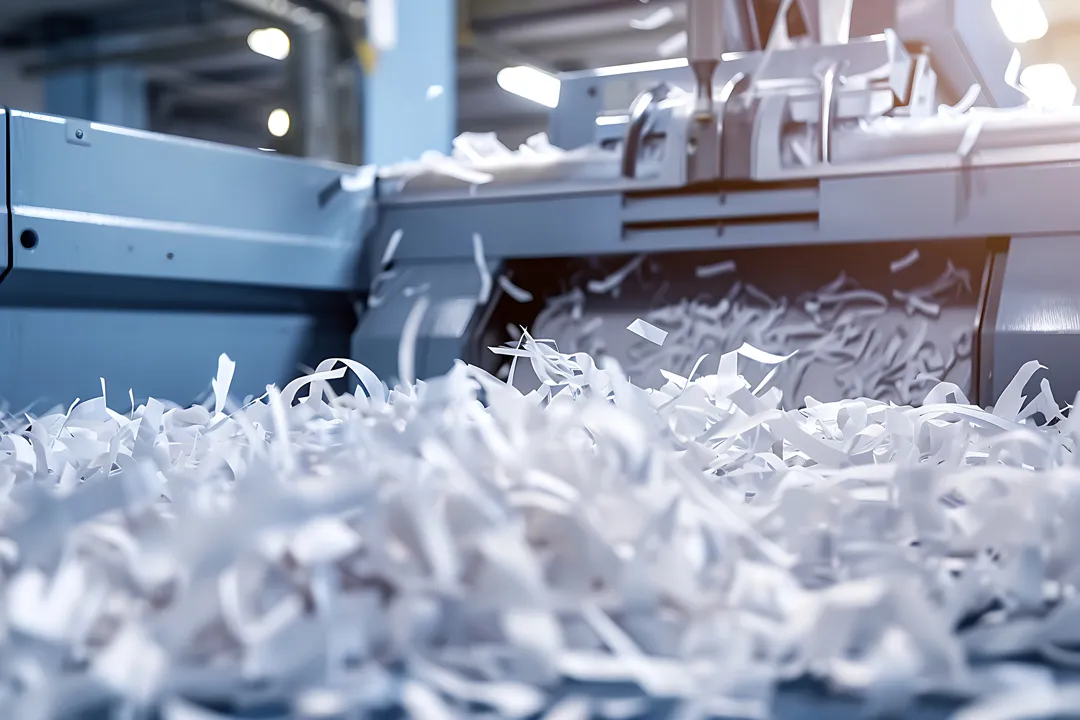Shredding company in Singapore is not merely a business category; it is a guardian of secrets, identities, and trust. In every sheet of paper or every discarded hard drive lies the residue of human decisions, contracts, medical histories, financial strategies, personal records. To dispose of these fragments carelessly is to invite breach, misuse, and exploitation. To shred them responsibly is to close a story with dignity.
The Fragile Life of Information
Paper, for all its quiet resilience, is fragile in its afterlife. A bank statement, an employment contract, or a confidential report may be left in bins or storerooms, seemingly forgotten. Yet these fragments endure, carrying with them the possibility of betrayal. When not destroyed with precision, they fall into the wrong hands, giving rise to fraud, identity theft, or industrial espionage.
The act of shredding, therefore, is not simply mechanical. It is symbolic. It acknowledges that the life of information does not end when it is no longer useful but when it is deliberately, securely erased.
Why Professional Shredding Matters
A professional shredding service brings order to a world of paper excess and data vulnerability. It ensures that destruction is absolute, systematic, and accountable. The benefits extend beyond convenience:
- Data protection: Preventing leaks of sensitive or confidential information.
- Regulatory compliance: Meeting local and international data privacy requirements.
- Environmental responsibility: Transforming shredded material into recyclable streams.
- Peace of mind: Offering documented assurance that information is irretrievably destroyed.
As one policy review in Singapore observed, “Shredding is not about destruction alone. It is about creating security through finality and responsibility.”
Singapore’s Perspective on Secure Disposal
Singapore, a nation defined by its scarcity of space and abundance of regulation, treats waste not as refuse but as a managed resource. The country’s approach to shredding demonstrates its characteristic emphasis on precision and discipline.
Key principles stand out in Singapore’s methods:
- Rigorous standards: Shredding companies operate under strict protocols to ensure confidentiality.
- Transparency: Clients receive certification that documents have been destroyed securely.
- Sustainability: Shredded material is channelled into recycling systems to reduce environmental strain.
This blend of security and sustainability creates a model where private protection aligns with public good.
The Ethical Dimension of Shredding
Beyond compliance and efficiency, shredding is an ethical act. It reflects how organisations view the trust placed in them by clients, patients, or employees. A contract is not just ink and paper, it is a bond. A health record is not just data, it is a person’s history.
By entrusting destruction to professionals, organisations affirm their duty of care. Neglect, on the other hand, signals indifference to responsibility. In this way, shredding becomes an act of moral clarity.
Practical Pathways for Organisations
How, then, should businesses and institutions incorporate secure shredding into their daily practice? The journey is less complex than it seems:
- Create a shredding policy: Formalise rules for what should be shredded and when.
- Schedule regular disposals: Prevent accumulation of sensitive documents in storerooms or bins.
- Work with certified providers: Ensure shredding adheres to both legal and ethical standards.
- Educate employees: Instil awareness that shredding is not an afterthought but a safeguard.
These steps convert shredding from a reactionary task into a structured, proactive system. Over time, they nurture a culture where privacy and sustainability are as ingrained as productivity or profit.
The Human Element in Destruction
Every piece of paper destined for shredding carries traces of human life. A signed cheque, a handwritten letter, a patient’s file, each reflects lived experience. To shred responsibly is not only to secure information but also to honour those stories by ensuring they do not become vulnerable to exploitation.
In Singapore, where efficiency and accountability are prized, one environmental review put it succinctly: “To shred is to respect the past, protect the present, and prepare for the future.”
Balancing Security with Sustainability
The dual promise of shredding in Singapore is striking: not only does it erase sensitive information, but it also creates material that can be reintegrated into new cycles. Paper fibres are reborn into packaging, stationery, or recycled products. In this way, shredding is not an act of pure destruction but of transformation. What was once private becomes useful again, albeit in a different form, without compromising confidentiality.
As more organisations seek carbon-conscious strategies, shredding becomes a vital intersection where security meets sustainability. It closes one loop while opening another, proving that even waste can carry forward meaning and purpose.
Conclusion
The act of shredding may appear mechanical, yet it holds within it the weight of trust, ethics, and renewal. To disregard it is to gamble with privacy and safety. To embrace it is to affirm responsibility, to individuals, to organisations, and to society at large. Singapore’s careful approach reminds us that shredding is not only about destruction but about continuity: the secure closing of one chapter and the sustainable beginning of another. In a world that demands vigilance and stewardship, there is no substitute for the quiet discipline offered by a shredding company in Singapore.



